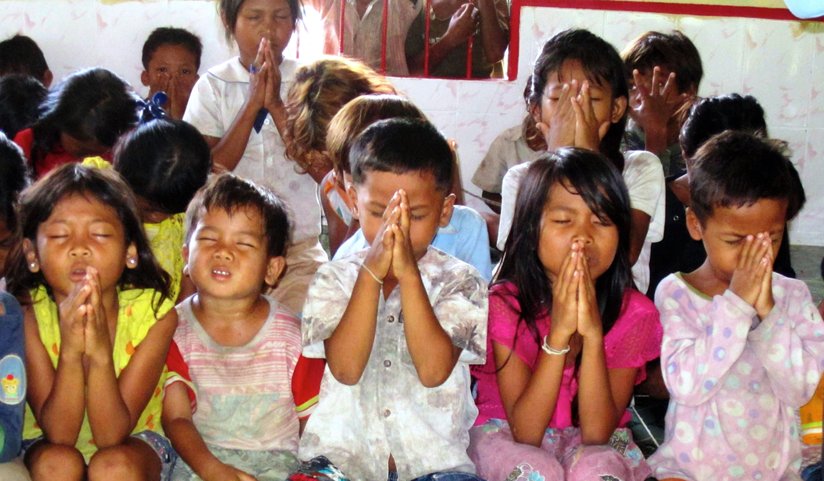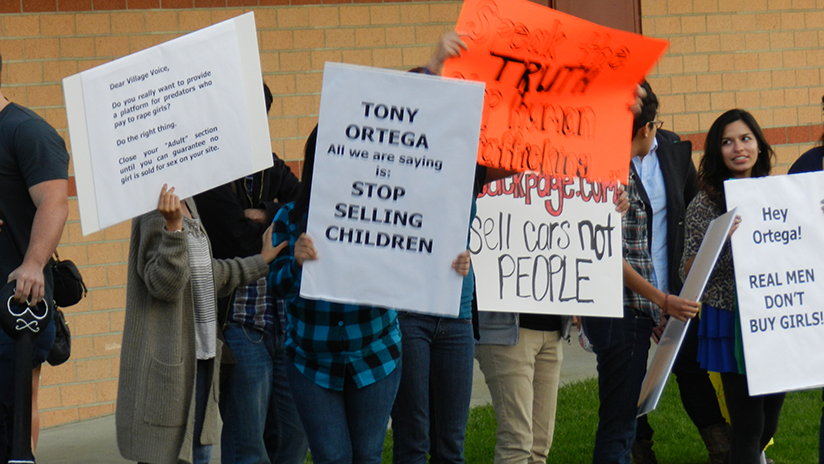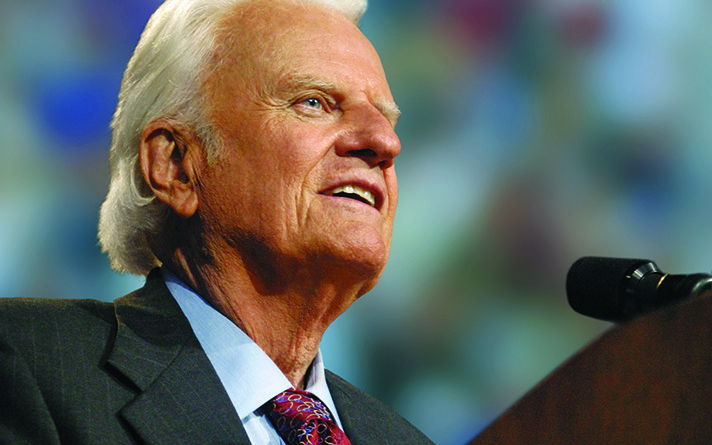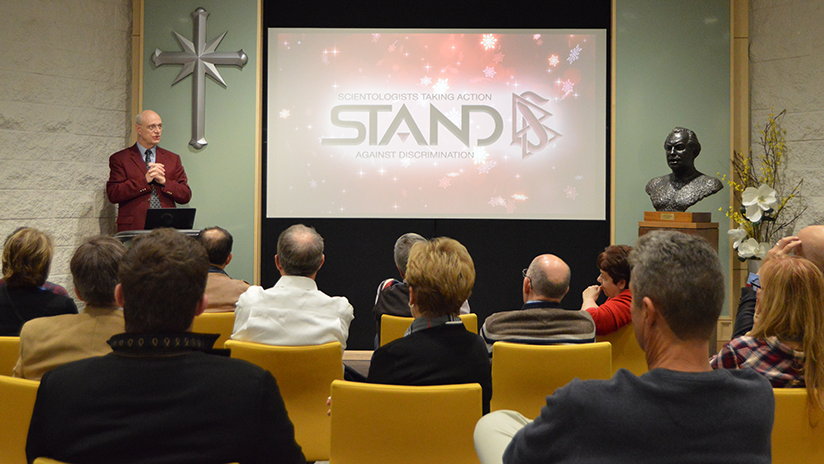
-
HOME
-
WHAT IS STANDOur Mission Our Values Our Help Contact
-
WHAT WE FIGHT FORReligious Freedom Religious Literacy Equality & Human Rights Inclusion & Respect Free Speech Responsible Journalism Corporate Accountability
-
RESOURCESExpert Studies Landmark Decisions White Papers FAQs David Miscavige Religious Freedom Resource Center Freedom of Religion & Human Rights Topic Index Priest-Penitent Privilege Islamophobia
-
HATE MONITORBiased Media Propagandists Hatemongers False Experts Hate Monitor Blog
-
NEWSROOMNews Media Watch Videos Blog
-
TAKE ACTIONCombat Hate & Discrimination Champion Freedom of Religion Demand Accountability
STAND Supports National Day of Prayer and the Freedom It Represents
Continuing a memorable tradition, President Donald Trump proclaimed May 2, 2019, a National Day of Prayer.

“I invite the citizens of our Nation to pray, in accordance with their own faiths and consciences, in thanksgiving for the freedoms and blessings we have received,” he stated, “and for God’s guidance and continued protection as we meet the challenges before us.”
“Our Nation acknowledges that religious liberty is a natural right,” the president noted, “given to us by our Creator, not a courtesy that government extends to us. The First Amendment recognizes the freedom of religion and safeguards this right against government infringement. The United States’ steadfast commitment to upholding religious freedom has ensured that people of different faiths can pray together and live in peace as fellow American citizens. We have no tolerance for those who disrupt this peace, and we condemn all hate and violence, particularly in our places of worship.”
As far back as 1774, in the troubled times that preceded the American Revolution, Reverend Jacob Duché, rector of Christ Church of Philadelphia, delivered the first invocation before the Continental Congress, praying “that order, harmony and peace may be effectually restored, and truth and justice, religion and piety, prevail and flourish amongst the people.”
The free exercise of one’s religious beliefs is the cornerstone of any free society.
The following year, the Continental Congress called for what turned out to be the first National Day of Prayer. Over time, however, entire decades would pass without any such formal proclamation.
That changed in 1952, when President Harry S. Truman signed a joint resolution of Congress, establishing an annual National Day of Prayer—a tradition since supported by every president, Republican and Democrat.
In 1988, the first Thursday in May was designated for this special observance, with people of all faiths invited to pray for the nation and the common good.
“The free exercise of one’s religious beliefs is the cornerstone of any free society,” said Edward Parkin, STAND’s International Director. “STAND supports the right of every individual to worship and pray according to their conscience and beliefs, without fear of harm or persecution.”






